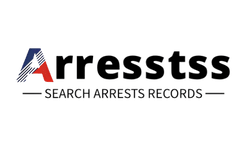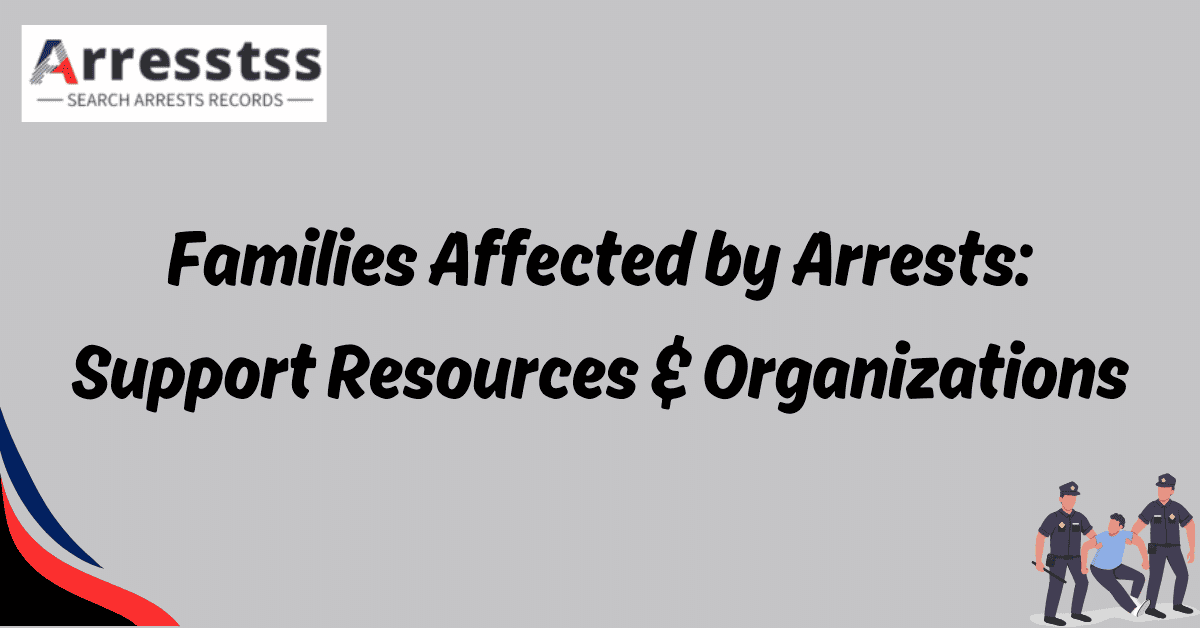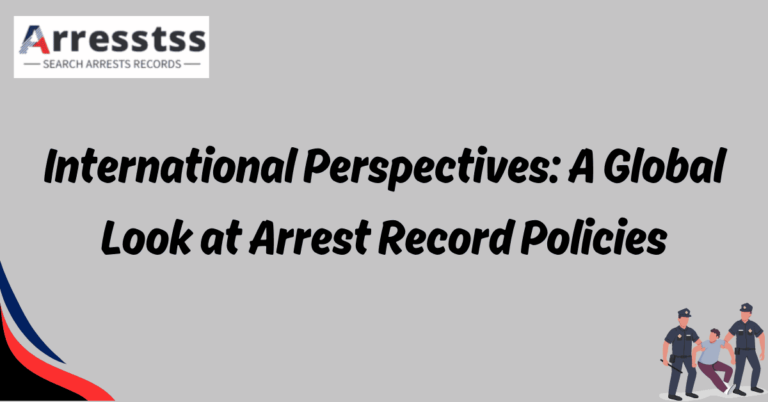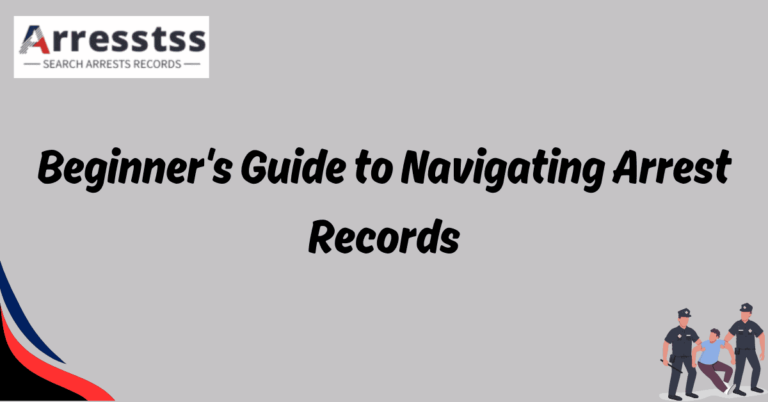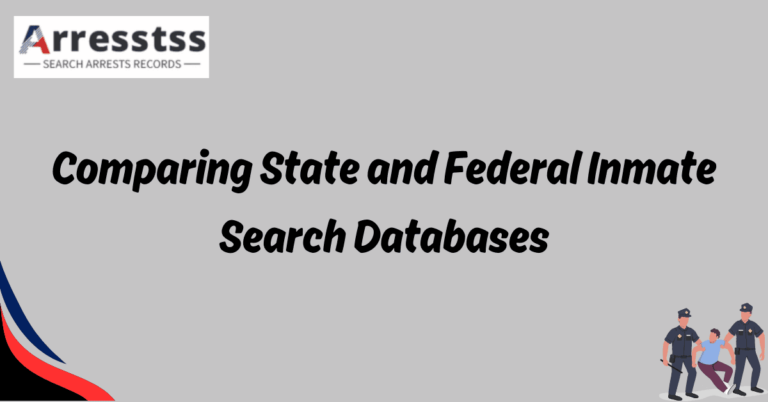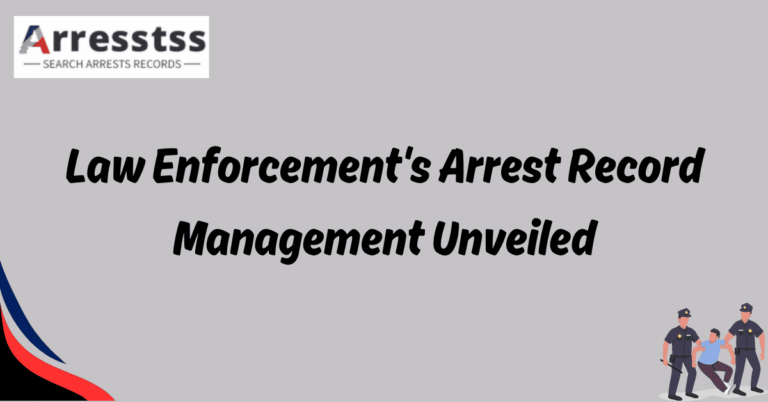Families Affected by Arrests: Support Resources & Organizations
In today’s society, the impact of arrests on families reverberates profoundly, affecting not just the individual detained but also their loved ones. The emotional and practical challenges faced by families dealing with a member’s arrest are multifaceted, often encompassing financial strain, emotional distress, and social stigma. Despite these adversities, numerous support resources and organizations exist to offer assistance and guidance to families navigating this difficult terrain, providing a beacon of hope and solidarity in times of uncertainty.
Importance of Support Systems for Families with a Loved One Arrested
Family members who have a loved one arrested often face numerous challenges and emotional distress. During this difficult time, it is crucial to have access to support systems that can provide guidance and resources. Fortunately, there are numerous organizations available that specialize in assisting families affected by arrests.
National Resource Center on Children and Families of the Incarcerated (NRCCFI)
One valuable resource is the National Resource Center on Children and Families of the Incarcerated (NRCCFI). This organization offers a wide range of services and information to help families navigate the complexities of having a loved one in the criminal justice system.
The NRCCFI provides educational materials that aim to inform families about the legal processes and challenges they may encounter. These materials cover topics such as visitation rights, understanding court proceedings, and coping strategies for children and spouses. By equipping families with knowledge, the NRCCFI empowers them to make informed decisions and better support their loved ones.
In addition to educational materials, the NRCCFI facilitates support groups where families can connect with others facing similar circumstances. These support groups offer a safe space for sharing experiences, seeking advice, and finding emotional support. By fostering a sense of community, the NRCCFI helps families realize that they are not alone in their struggles.
Family Justice Program
Another organization that focuses on supporting families affected by arrests is the Family Justice Program. This program aims to provide comprehensive assistance to families, including legal advocacy, counseling services, and referrals to community resources.
Legal advocacy is a critical component of the Family Justice Program. They understand that navigating the criminal justice system can be overwhelming, especially for families who may not be familiar with legal processes. The program offers guidance on understanding legal rights, accessing legal representation, and advocating for fair treatment.
Counseling services are also available through the Family Justice Program. They recognize the emotional toll that arrests can have on families and provide professional counseling to help individuals cope with their feelings of distress, anxiety, and uncertainty. By offering a supportive and confidential environment, the program encourages families to seek the emotional support they need.
Building a Stronger Future
By utilizing these resources and organizations, families can find the support and guidance they need to navigate the challenges that come with having a loved one arrested. From educational materials to counseling services, these organizations offer a wide range of support to ensure that families can access the help they need during this challenging time.
Families need to know that they are not alone and that there are organizations dedicated to assisting them. The NRCCFI and the Family Justice Program are just two examples of the many resources available. Families should explore these options and reach out for support to help them through this difficult period.
FAQ’s
When a loved one is arrested, families often face a wide range of challenges and emotional distress. One common challenge is the sudden disruption of daily routines and responsibilities. The absence of a family member can create a void in terms of emotional support, financial stability, and childcare. Families may also experience feelings of isolation and stigma, as societal judgments and stereotypes surrounding the criminal justice system can be harsh. Additionally, families may struggle with navigating the legal process, understanding their rights, and accessing necessary resources and support.
The NRCCFI is a valuable resource for families affected by arrests. They offer a wide range of services and information to help families navigate the complexities of having a loved one in the criminal justice system. The NRCCFI provides educational materials that explain the impact of parental incarceration on children, offering guidance on how to support them during this difficult time. They also facilitate support groups where families can connect with others going through similar experiences, providing a safe space for sharing and emotional support. Additionally, the NRCCFI can connect families with professionals who specialize in addressing the needs of families affected by arrests, offering guidance and support tailored to their specific circumstances.
What services does the Family Justice Program offer?
The Family Justice Program focuses on providing comprehensive assistance to families affected by arrests. They offer legal advocacy services, helping families understand their rights, navigate the legal system, and access necessary legal support. The program also provides counseling services, recognizing the emotional toll that an arrest can have on family members. Through counseling, families can process their emotions, develop coping strategies, and strengthen their resilience. Additionally, the Family Justice Program offers referrals to community resources that can provide additional support, such as housing assistance, financial aid, and educational opportunities.
Both the NRCCFI and the Family Justice Program are dedicated to reducing the stigma and judgment that families face when a loved one is arrested. They work to raise awareness about the challenges these families experience and the impact it has on their lives. By providing educational materials, support groups, and counseling services, these organizations aim to create a supportive community where families can find understanding and acceptance. They also advocate for policy changes that promote fair treatment and support for families affected by arrests. Through their efforts, these organizations contribute to a more compassionate and inclusive society.
Families can access the resources and support offered by the NRCCFI and the Family Justice Program by reaching out directly to these organizations. Both organizations have websites that provide information about their services, contact details, and ways to get involved. Families can explore the educational materials available on their websites, join support groups, and connect with professionals who can offer guidance and support. Additionally, the organizations may have local chapters or affiliated organizations that families can reach out to for more localized assistance. It is important for families to proactively seek out these resources and take advantage of the support available to them.
By utilizing the support systems and resources provided by organizations like the NRCCFI and the Family Justice Program, families can find the guidance, support, and tools they need to navigate the challenges that come with having a loved one arrested. From educational materials to counseling services and legal advocacy, these organizations offer a comprehensive array of support to ensure that families can access the help they need during this difficult time.
